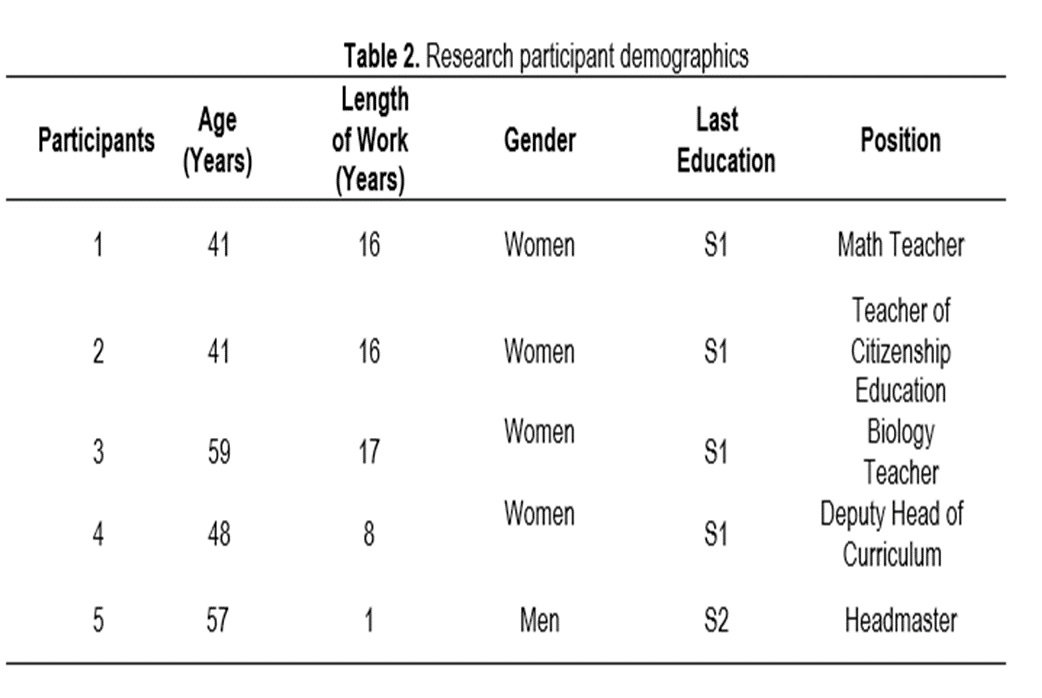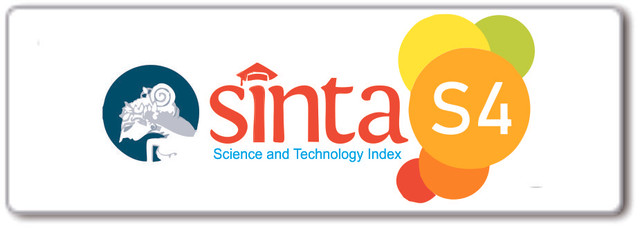Evaluation of the Implementation of the Merdeka Curriculum at State High School 13 (Driver School) in Ambon City
Abstract
The Merdeka Belajar policy is implemented to accelerate the achievement of national education goals, namely increasing the quality of Indonesia's human resources which have superiority and competitiveness compared to other countries. The quality of superior and competitive human resources is realized in students who have noble character and have a high level of reasoning, especially in literacy and numeracy. However, in reality there are still many teachers who experience obstacles in implementing the implications of the independent curriculum, especially in choosing learning media that suit the demands of the independent curriculum. The aim of this research is to look at planning, implementation, evaluation, as well as inhibiting and supporting factors in implementing the independent curriculum in driving schools. The research method used is the CIPP model (Context, Input, Process, Product). The results of the research show that the Evaluation of the Implementation of the Merdeka Curriculum at SMA Negeri 13 Ambon shows good results in implementing the Merdeka Curriculum at SMA Negeri 13 Ambon, so that the Literacy, Numeracy and P-5 learning outcomes support the production of quality and competitiveness of graduates in universities and Academic Achievement
Downloads
References
Ananda R. 2019. Perencanaan pembelajaran, Lembaga Peduli Pengembangan Pendidikan Indonesia (LPPI), Medan.
Angga, A., Suryana, C., Nurwahidah, I., Hernawan, A. H., & Prihantini, P. 2022. Komparasi implementasi Kurikulum 2013 dan Kurikulum Merdeka di Sekolah Dasar Kabupaten Garut. Jurnal Basicedu, 6(4). https://doi.org/10.31004/basicedu.v6i4.3149.
Arifa, F. N. 2022. Implementasi kurikulum merdeka dan tantangannya. Info Singkat Pusat Penelitian Badan Keahlian DPR RI.
Arifin, Zainal. 2018. Manajemen Pengembangan Kurikulum Pendidikan Islam: Teori Dan Praktik. Yogyakarta: UIN Press
Arikunto., & Jabar, C. S. 2008. Evaluasi program pendidikan. Jakarta: Bumi Aksara.
Dirman., & Juarsih, C. 2014. Pengambangan kurikulum (dalam rangka implementasi standar proses pendidikan siswa). Jakarta: PT Rineka Cipta.
Efyanto, D. 2021. Analisis penerapan kebijakan merdeka belajar pada kurikulum SMK. Doctoral dissertation, Universitas Muhammadiyah Malang.
goleman, daniel; boyatzis, Richard; Mckee, A. (2019). pengembangan rencana pelaksanaan pembelajaran. Journal of Chemical Information and Modeling
Gusty, S., Nurmiati, N., Muliana, M., Sulaiman, O. K., Ginantra, N. L. W. S. R., Manuhutu, M. A., ... & Warella , S. Y. 2020. Belajar mandiri: Pembelajaran daring di tengah pandemi Covid-19. Yayasan kita menulis.
Hamalik, O. 2011. Kurikulum dan Jakarta: PT Bumi Aksara.
Hanum, L. 2017. Perencanaan Pembelajaran. Syiah Kuala University Press.
Kementerian Pendidikan, Kebudayaan, Riset dan Teknologi. 2022. Kurikulum Merdeka sebagai opsi satuan Pendidikan dalam rangka pemulihan pembelajaran tahun. 2022 s.d. 2024. https://kurikulum.gtk.kemdikbud.go.id/detail-ikm/.
Komar, O. A., Komar, S., Kolomiiets, N. A., Roienko, L. M., & Diachuk, P. V. 2019. Implementation of a monitoring system in the educational process in primary school. International Journal Of Learning, Teaching And Educational Research, 18(11), 232–244.
Lazwardi, D. 2017. Manajemen kurikulum sebagai pengembangan tujuan pendidikan . Al-Idarah Jurnal Kependidikan Islam, 7, 101.
Muspawi, M. 2015. Profesionalitas guru dalam menyusun rencana pelaksanaan pembelajaran (RPP) pada Sekolah Dasar Negeri No. 76. Jurnal Penelitian Universitas Jambi: Seri Humaniora, 17(1).
Nugraha, T. (2022). Kurikulum Merdeka untuk Pemulihan Krisis Pembelajaran. Jurnal Inovasi Kurikulum. 19(2). . DOI https://doi.org/10.17509/jik.v19i2.45301.
Nurjanah, N. M. 2015. Analisis butir soal pilihan ganda. Faktor Jurnal Ilmi Kependidikan, 69-78.
Rusman. 2009. Manajemen kurikulum, (Seri II). Jakarta: PT. Raja Grafindo Persada.
Shaya, U., & Kaur, G. (2021). A Systematic Review Of The Impact Of Performance Appraisal Systems And Competency Management Framework On The Performance of Employees In The Telecom Sector. Psychology and Education, 58(1), 2515–2531
Siregar, K. Z. B., & Marjo, H. K. 2022. Transisi Kurikulum di Indonesia: Apa Dampaknya Bagi Pelayanan Bimbingan Dan KOnseling, 6(2), 199-206
Wati, R., Yuliani, I., & Isnawati. 2015. Analisis kesesuaian RPP materi fungi di SMA Kabupaten Gresik dengan kurikulum 2013. Jurnal Bio Edu Berkala, 4(2), 902-907.
Wildan, W. 2017. Model pengembangan perangkat pembelajaran bagi guru. Society, 8(1), 41-63.

Copyright (c) 2024 Rina Asrini Manuputty, Patrisius Rahabav, Arnold Sahalessy

This work is licensed under a Creative Commons Attribution-NonCommercial-ShareAlike 4.0 International License.
Authors who publish with BIOEDUPAT: Pattimura Journal of Biology and Learning agree to the following terms:
- Authors retain copyright and grant the journal right of first publication with the work simultaneously licensed under a Creative Commons Attribution License (CC BY-NC-SA 4.0) that allows others to share the work with an acknowledgment of the work's authorship and initial publication in this journal.
- Authors are able to enter into separate, additional contractual arrangements for the non-exclusive distribution of the journal's published version of the work (e.g., post it to an institutional repository or publish it in a book), with an acknowledgment of its initial publication in this journal.
- Authors are permitted and encouraged to post their work online (e.g., in institutional repositories or on their website) prior to and during the submission process, as it can lead to productive exchanges, as well as earlier and greater citation of published work.








 This work is licensed under a
This work is licensed under a 